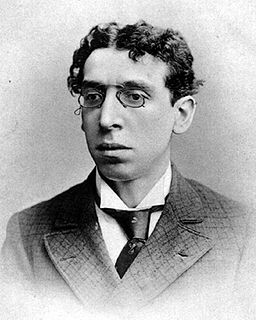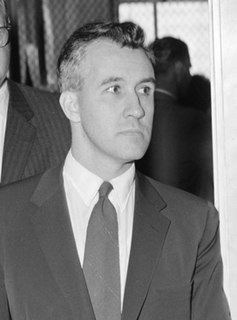Top 34 Posthumous Quotes & Sayings
Explore popular Posthumous quotes.
Last updated on April 21, 2025.
Certainly the highest posthumous praise that can be conferred upon any writer is the assertion that his or her writing permanently altered the literary landscape for the better, opening new textual doors and engaging new readers. That the author's oeuvre was essential and irreplaceable and transformative.
Dominicus Corea had a posthumous son, Lewis Corea who became the Dissawe of Uva. Sir Paul Peiris wrote that `With the disappearance of Dominicus Corea, came a short lull in military operations of which the Portuguese officials availed themselves to give free rein to that rapacity which so frequently disgraced their careers in the East'. Dominicus Corea was succeeded by his brother Simon, as Dissawe of the Sat Korale, Kotte and Sitawaka.
He no longer wished to be dead. At the same time, it cannot be said that he was glad to be alive. But at least he did not resent it. He was alive, and the stubbornness of this fact had little by little begun to fascinate him - as if he had managed to outlive himself, as if he were somehow living a posthumous life.
In civilized communities, property as well as personal rights is an essential object of the laws, which encourage industry by securing the enjoyment of its fruits; that industry from which property results, and that enjoyment which consists not merely in its immediate use, but in its posthumous destination to objects of choice, and of kindred affection. In a just and free government, therefore, the rights both of property and of persons ought to be effectually guarded.
Darwin, Marx, and Freud meet. They may have understood other things, but the human soul, and in particular the soul of Culture-man, they did not understand. Systems like theirs are only historical curiosities to the 20th century, unless they happen to claim to be appropriate descriptions of Reality. Anyone who believes in these antiquated fantasies stamps himself as ludicrous, posthumous, ineffective, and superfluous. No leading men of the coming decades will be Darwinians, Marxians or Freudians.
Posthumous fame is a plant of tardy growth, for our body must be the seed of it; or we may liken it to a torch, which nothing but the last spark of life can light up; or we may compare it to the trumpet of the archangel, for it is blown over the dead; but unlike that awful blast, it is of earth, not of heaven, and can neither rouse nor raise us.
But because me and myself, as you no doubt are well aware, we are going to die, my relation—and yours too—to the event of this text, which otherwise never quite makes it, our relation is that of a structurally posthumous necessity. Suppose, in that case, that I am not alone in my claim to know the idiomatic code (whose notion itself is already contradictory) of this event. What if somewhere, here or there, there are shares in this non-secret’s secret? Even so the scene would not be changed. The accomplices, as you are once again well aware, are also bound to die.
One posthumous measure of a person's life is how often you imagine his impossible return to deal with some event he never lived to encounter. You picture his reactions, his advice, his sage commentary and humorous asides. For instance, I think about Mark Twain's hypothetical take on current events several times a week.































